Results
-
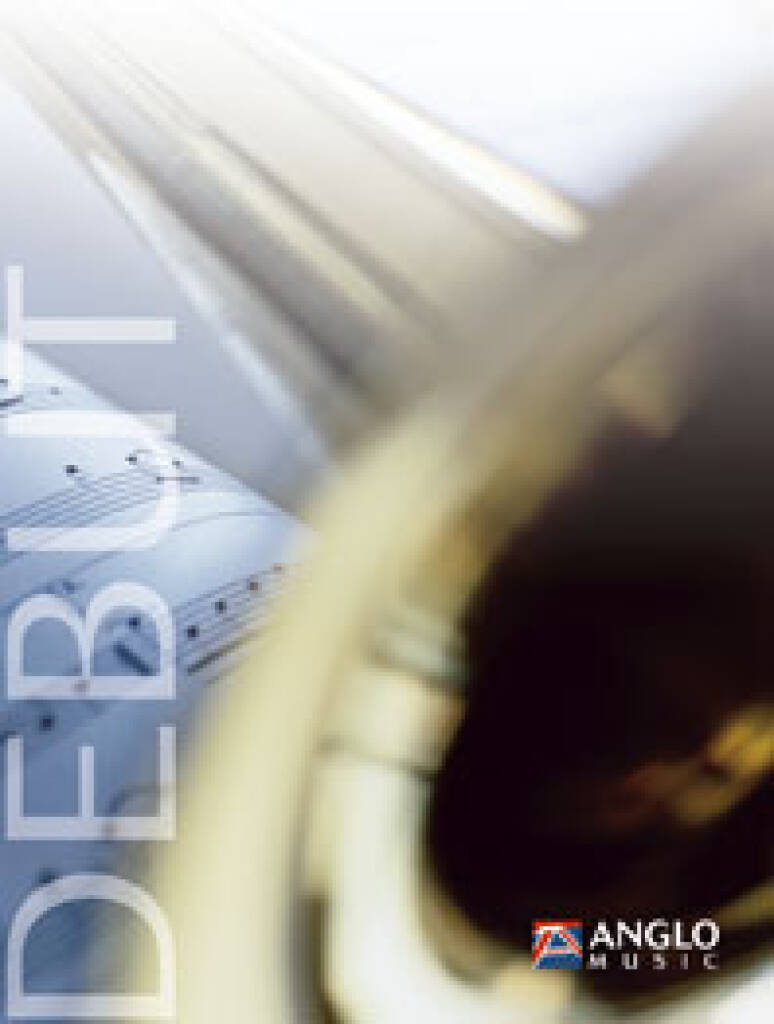 £59.99
£59.99Meditation - Hans Leo Hassler - Philip Sparke
This timeless melody by Hans Leo Hassler (1564-1612), is now chiefly remembered because of its inclusion in J S Bach's St. Matthew Passion, (hence its title) where it is treated to a variety of rich harmonisations. It is mostly sung to Paulus Gerhardt's words, O Sacred head! sore wounded.This setting features the flugel and horns, who first play a lyrical descant to the famous hymn tune and then the melody itself, against a Bach-like obbligato in the accompaniment.
Estimated dispatch 5-14 working days
-
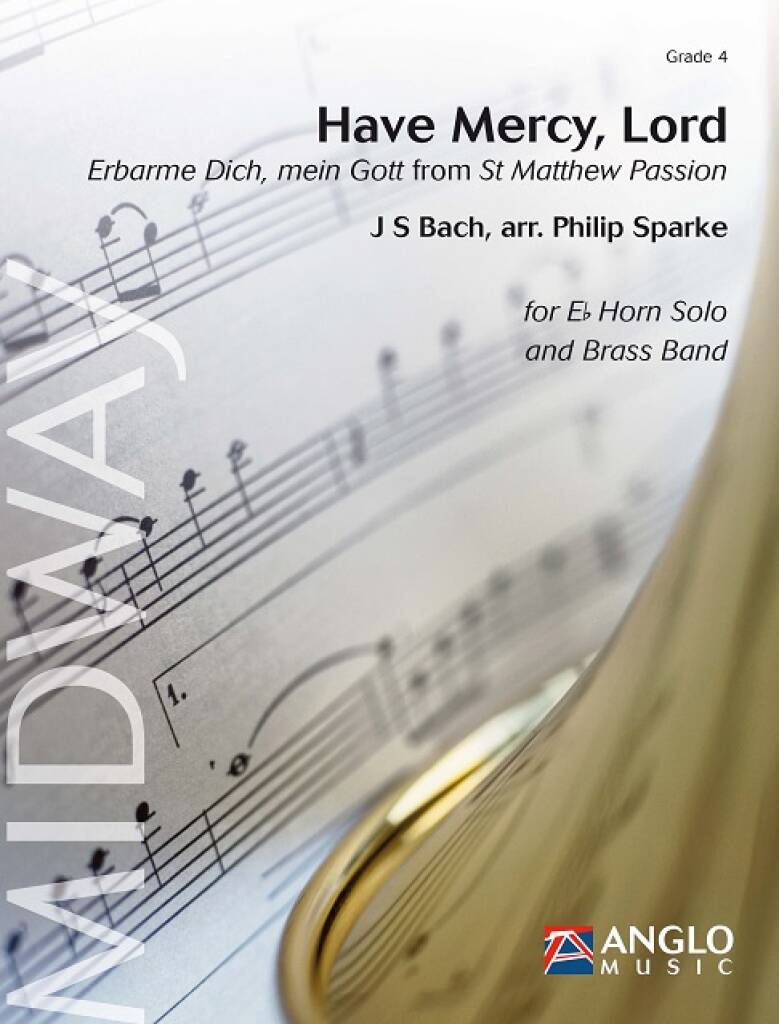 £69.99
£69.99Have Mercy, Lord - Johann Sebastian Bach - Philip Sparke
Have Mercy, Lord from J.S. Bach's St Matthew Passion is one of the most beautiful arias from the baroque period. In Philip Sparke's arrangement, it is envisaged that the soloists stand together as a group stage right, while the other musicians stand behind to form the tutti group. This piece is easily playable for both the soloists and the band, and will create a beautiful moment of reflection whether performed on the concert stage or in a church.
Estimated dispatch 5-14 working days
-
£54.99
When Time Will Be No More - James Curnow
This work was commissioned in memory of Peter J. Swanson, a trumpet and cornet player who tragically died at the tender age of fourteen. Peter's favorite gospel song, Just a Closer Walk with Thee, has been used as the basis for this piece of contrasts which takes the listener through many styles and moods. The spiritual character of the original song resounds gloriously in When Time Will Be No More.
Estimated dispatch 5-14 working days
-
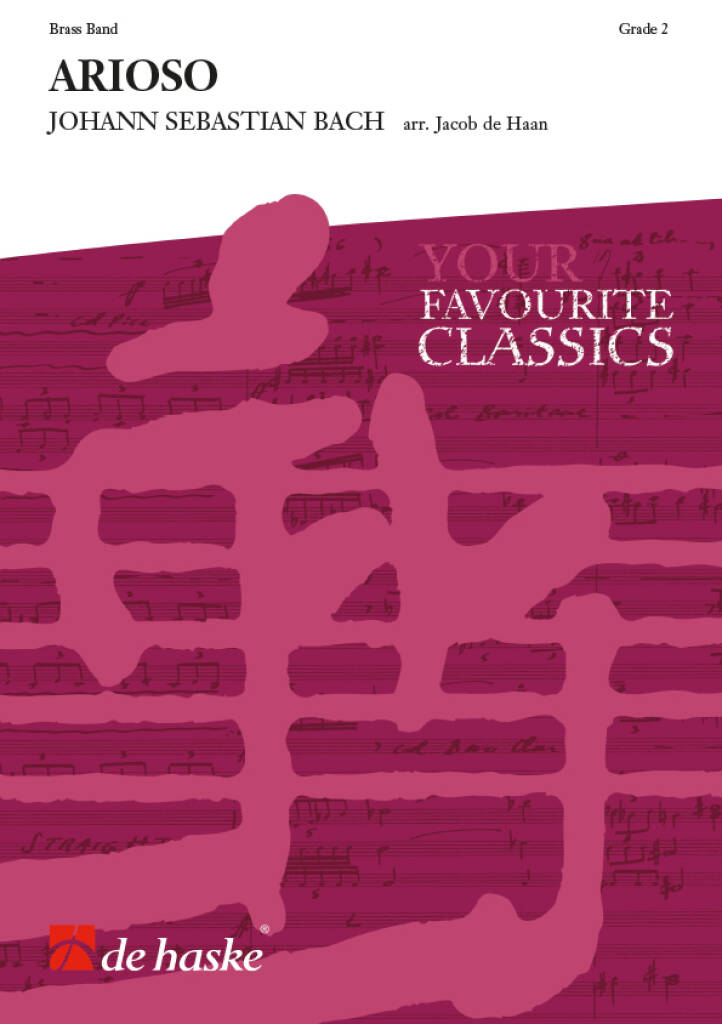 £60.99
£60.99Arioso - Johann Sebastian Bach - Jacob de Haan
Even the most basic understanding of Western music must include an intimate familiarity with the magnificent body of works by J.S.Bach. The charming beauty of the ARIOSO from BWV 156 must almost certainly appear on anyone?s personal list of the world's most beautiful melodies. What a wonderful vehicle for the study of artful phrasing and expression! Don't let the Grade 2 designation make you overlook this exquisite rendition for bands that normally play at grades 4, 5, and 6. Musicians at any level of ability will find great rewards here.As the perfect festival centerpiece or as a lovely introspective moment on any concert, Jacob de Haan's touching arrangement of Bach'sincomparable ARIOSO, speaking its own inherent and spiritual truth, is sure to find a permanent home in your brass band library.
Estimated dispatch 5-14 working days
-
£82.30
It Don't Mean A Thing - Duke Ellington - J. Christophe Monnier
Estimated dispatch 5-14 working days
-
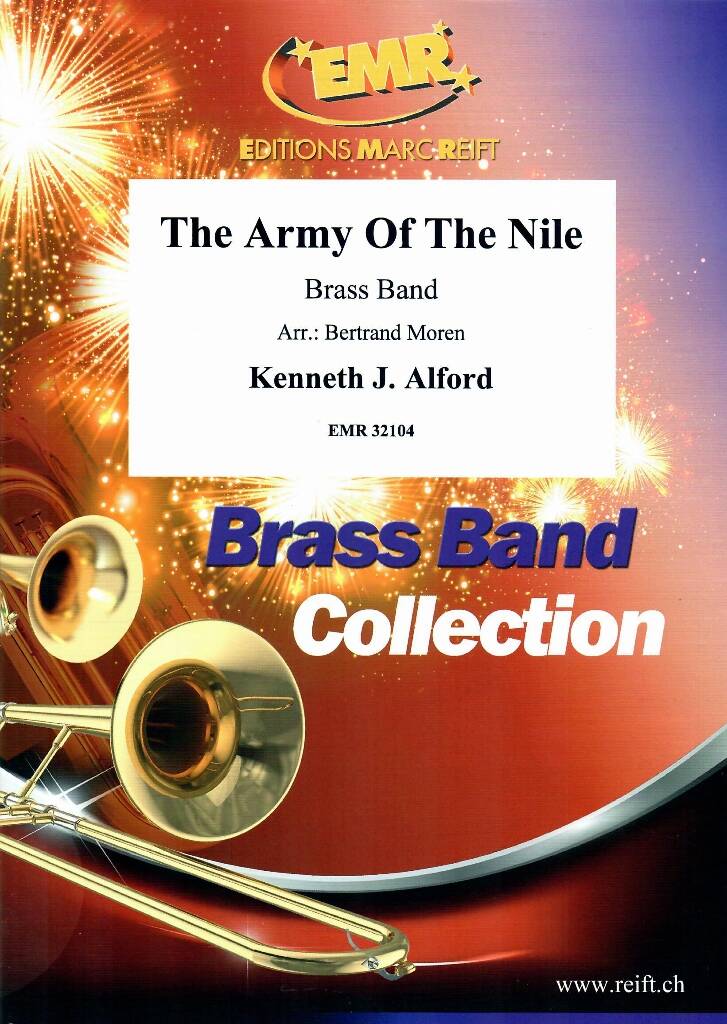 £78.20
£78.20The Army Of The Nile - Kenneth J. Alford - Bertrand Moren
Estimated dispatch 5-14 working days
-
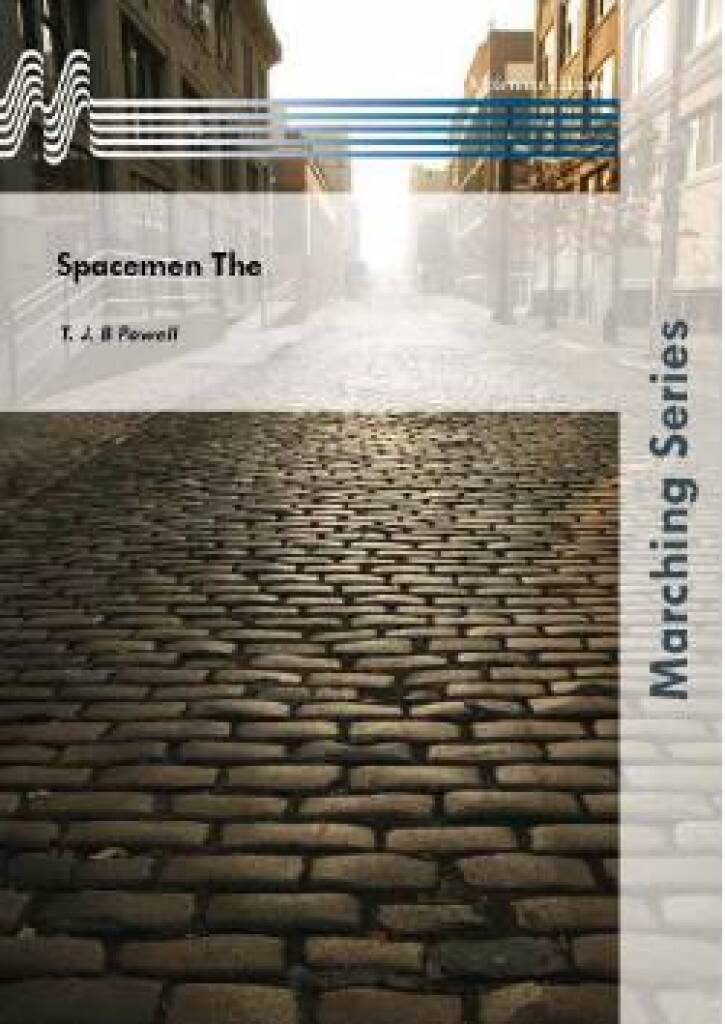 £27.20
£27.20 -
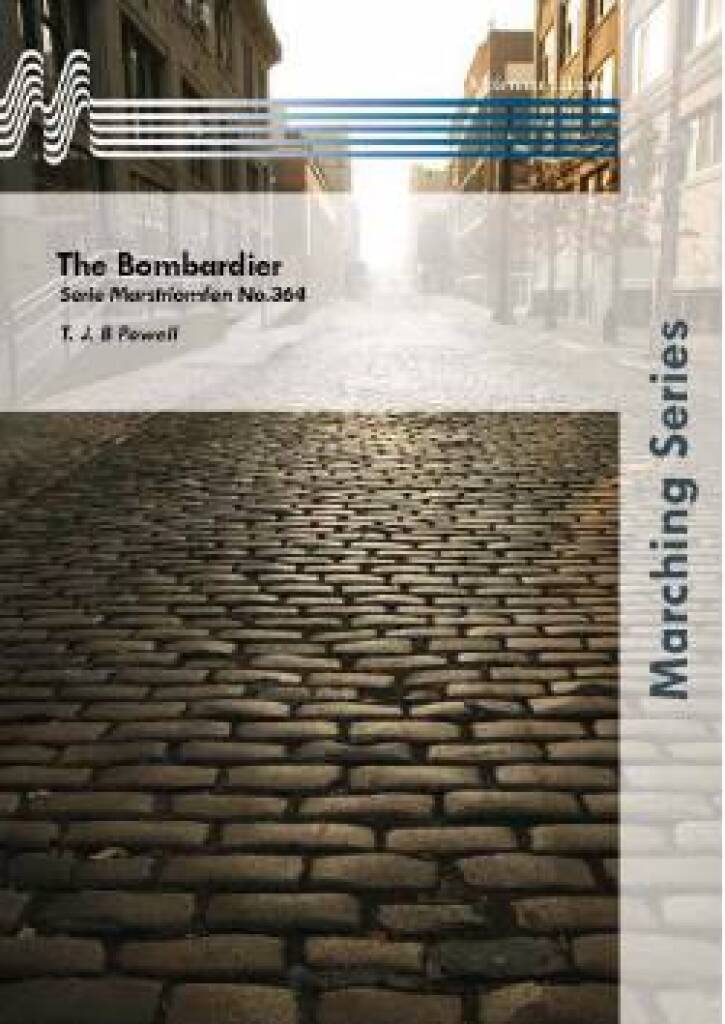 £27.20
£27.20 -
£83.60
Viva La Vida - Rob J. Hume
Estimated dispatch 5-14 working days
-
£83.60
Uptown Funk - Mark Ronson - Rob J. Hume
Estimated dispatch 5-14 working days
